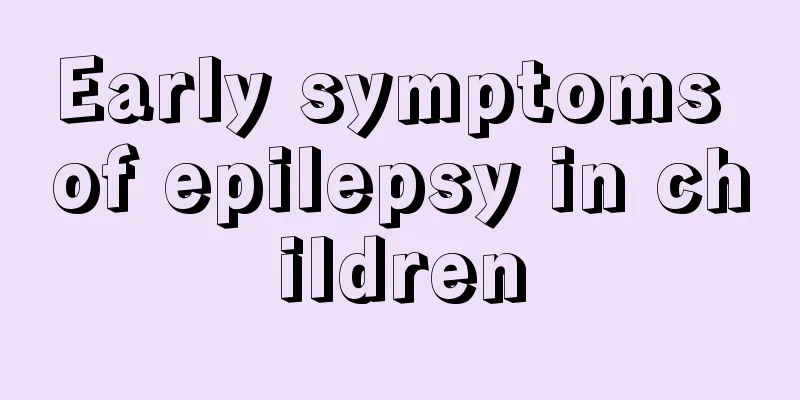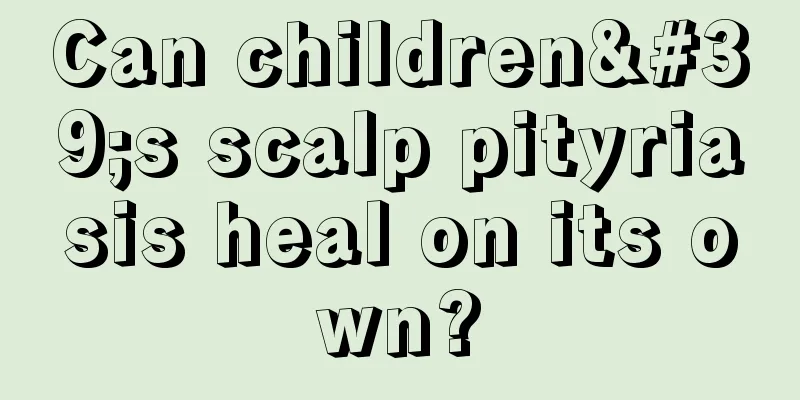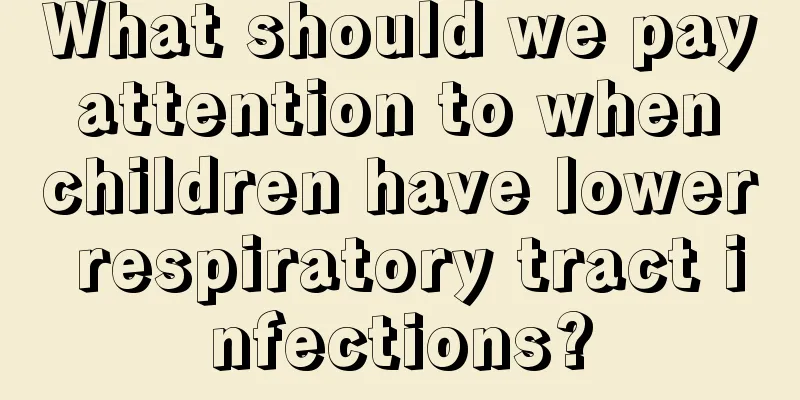What are the complications of neonatal rhinitis?

|
Newborns are relatively fragile, so they are particularly prone to rhinitis. Therefore, for many parents, when their newborns develop rhinitis, they are particularly worried that other complications will be induced. So many parents want to fully understand what are the complications of neonatal rhinitis? In order for you to understand more clearly, let's take a look at the detailed answers below. The nasal cavity is connected to the pharynx, and through the pharynx it is connected to the lungs; at the same time, the ear also has the Eustachian tube that is connected to the nasopharynx. Therefore, acute rhinitis in children can cause some complications, common complications are: Acute sinusitis: Since the sinus openings are located in the nasal passages, bacteria enter the sinuses and cause acute sinusitis. Acute non-suppurative otitis media: Non-suppurative otitis media is caused by congestion and swelling of the mucous membrane at the opening of the Eustachian tube in the nasopharynx, resulting in a feeling of fullness and blockage in the ear, decreased hearing, or tinnitus, and tympanic effusion. Acute suppurative otitis media: Acute rhinitis may cause acute suppurative otitis media, which will cause severe pain in the ear, or a significant fever, and then yellow pus will flow out of the ear. After pus flows out of the ear, symptoms such as fever and ear pain will be significantly relieved. Acute pharyngitis: Acute rhinitis may be accompanied by acute pharyngitis, or cause acute pharyngitis. Throat pain occurs, which worsens when swallowing, or there may be throat discomfort, spitting, "crunching" in the throat, and coughing. Acute laryngitis: Acute rhinitis may be accompanied by acute laryngitis, or cause acute laryngitis. The main symptoms of acute laryngitis are hoarseness or hoarseness, unclear voice when speaking, and may be accompanied by itchy throat and cough. If an infant under three years old develops acute laryngitis or acute subglottic laryngitis, he or she may experience wheezing, phlegm in the throat, and cough. Tracheitis and lung infection: If acute rhinitis causes tracheitis or lung infection, the symptoms of fever will be obvious, the cough symptoms will worsen, the spirit will be low, and rales will be present when auscultating the lungs. What are the complications of neonatal rhinitis? Many parents have fully understood the complications of neonatal rhinitis through the above comprehensive understanding. Therefore, for many parents, when their newborns develop rhinitis, in order not to induce complications, they must comprehensively and effectively treat them so that their newborns can recover as soon as possible after treatment. |
<<: Why does a newborn baby not urinate?
>>: Treatment of newborn baby coughing while sleeping
Recommend
What to do if your 4 month old baby has diarrhea
Diarrhea is a very common symptom, and the causes...
What should I do if my child falls and scratches his face?
Children are naturally lively and active, and the...
What to do with femoral head necrosis in children
What should we do with femoral head necrosis in c...
What doctor should I go to if my child is late in speaking?
Every parent is very nervous about their children...
What is the importance of eye protection for teenagers?
Taiwanese blind singer Xiao Huangqi became famous...
Is it okay to hold the child's urination?
Holding a child to urinate is something that ever...
Can children eat chestnuts?
Chestnut is a very good food and many people like...
How to deal with a baby's fever of 40.5
It is rare for a baby to have a fever of 40.5 deg...
What to do if your child has insomnia at night, mothers should know
Nowadays, not only adults are under great pressur...
Tips for treating oral ulcers in newborns
Oral ulcers in newborns are a relatively common d...
What should I do if my child is rebellious?
For most parents, children's rebelliousness i...
What is the reason for the red pimples on the baby's body
We all know that taking care of a baby is a very ...
Is it possible for Tourette Syndrome to heal itself?
Tourette syndrome is a common disease in children...
What should I do if my child has a persistent cough and phlegm?
What should I do if my child has a persistent cou...
How to deal with children's vulva itching
We all know that women are more susceptible to ce...









